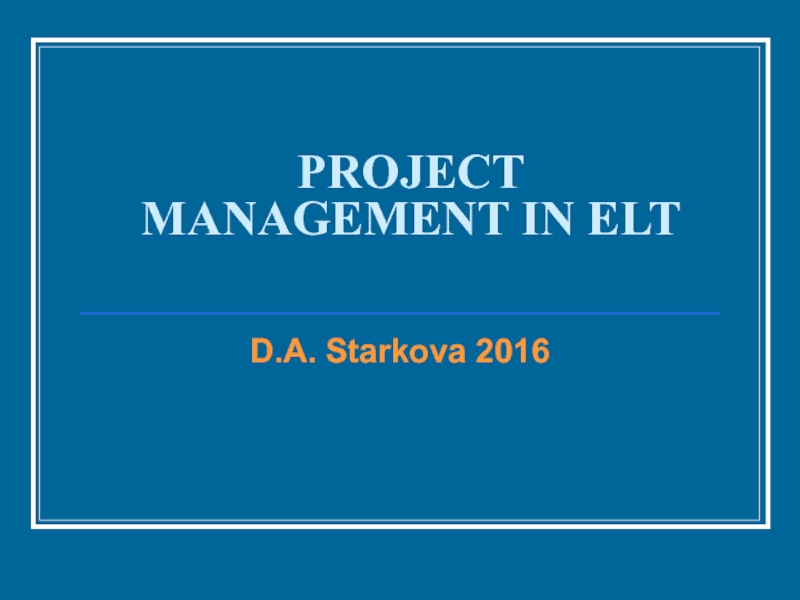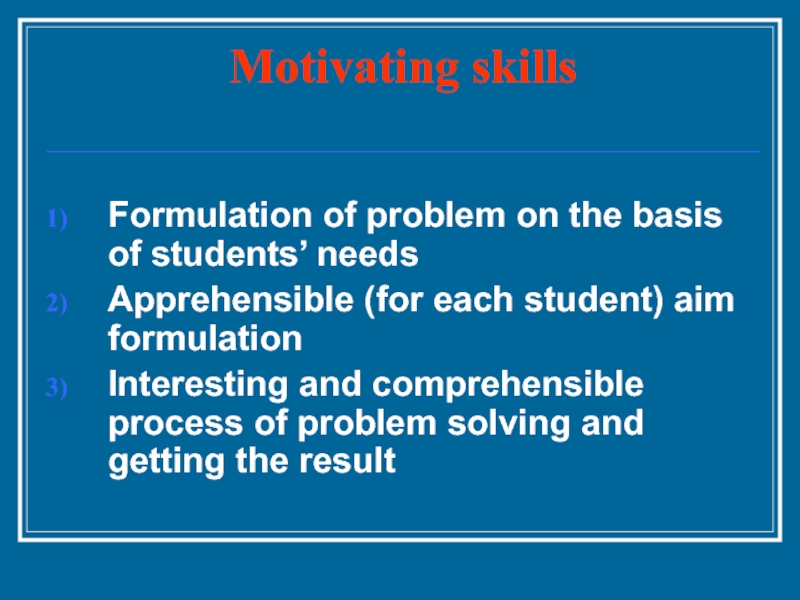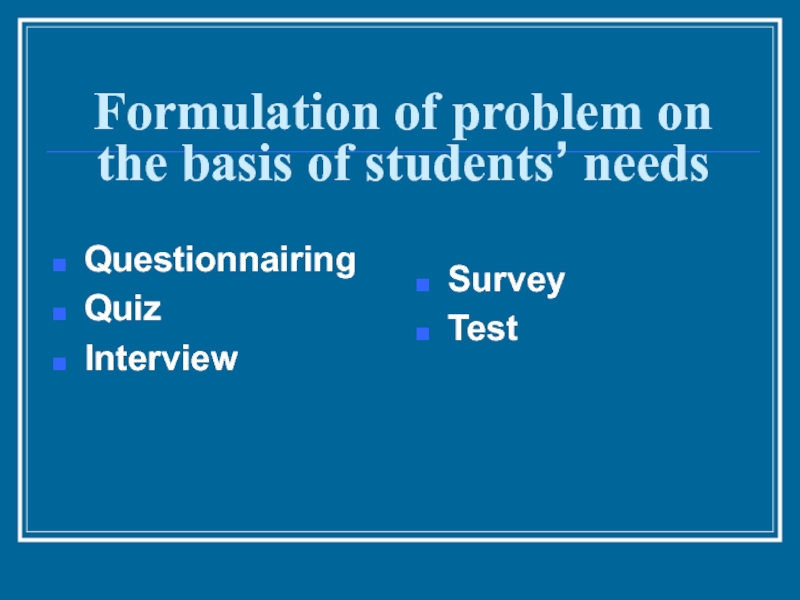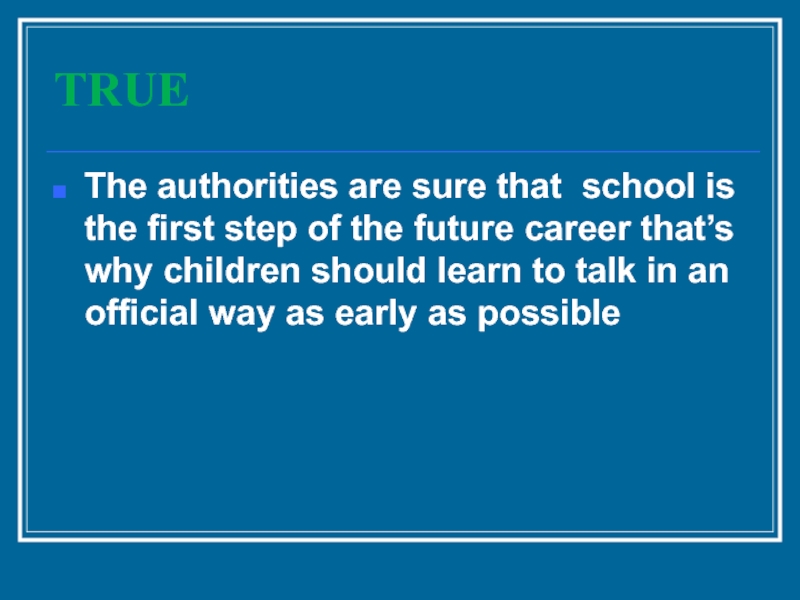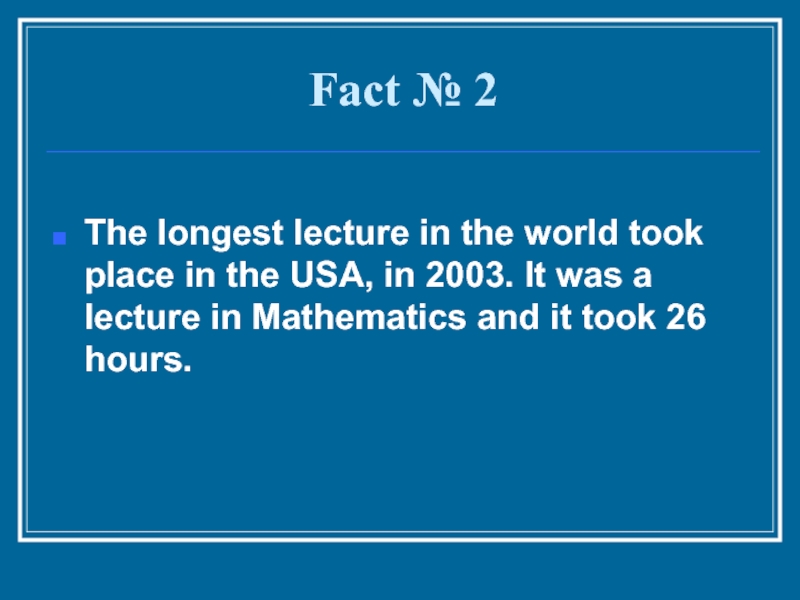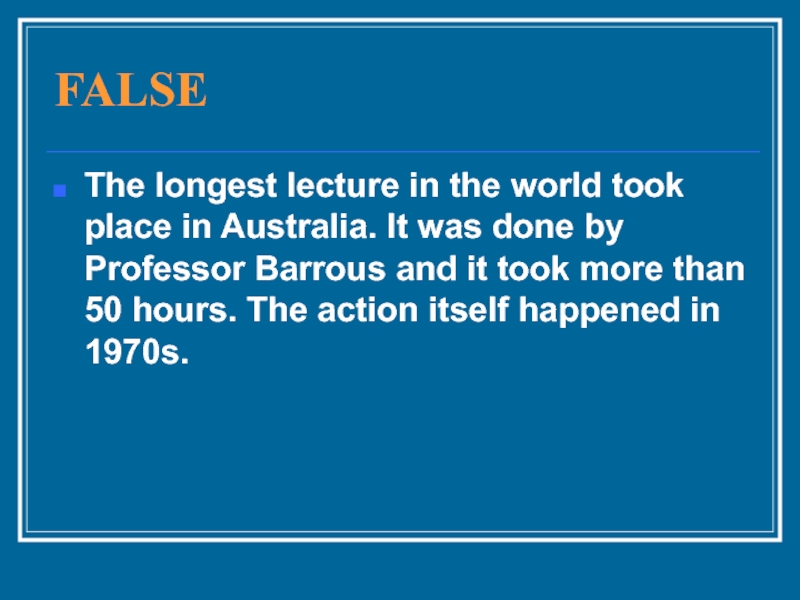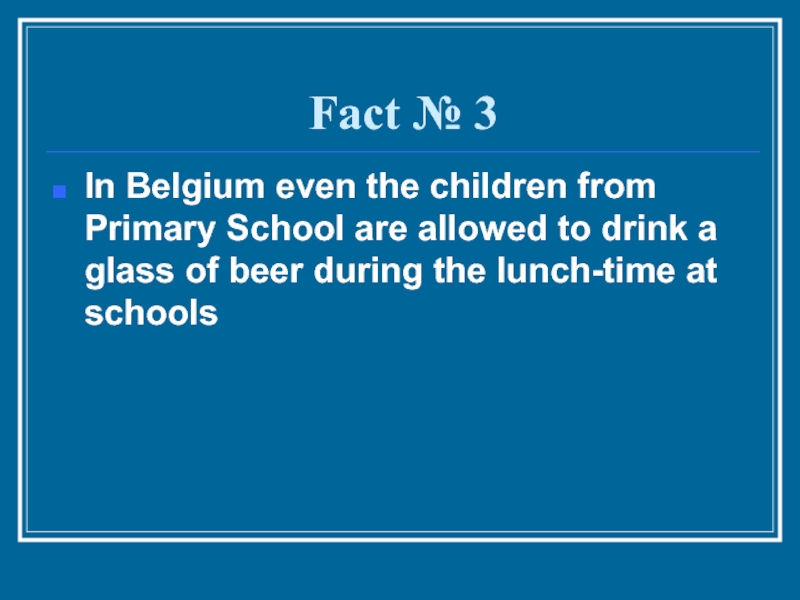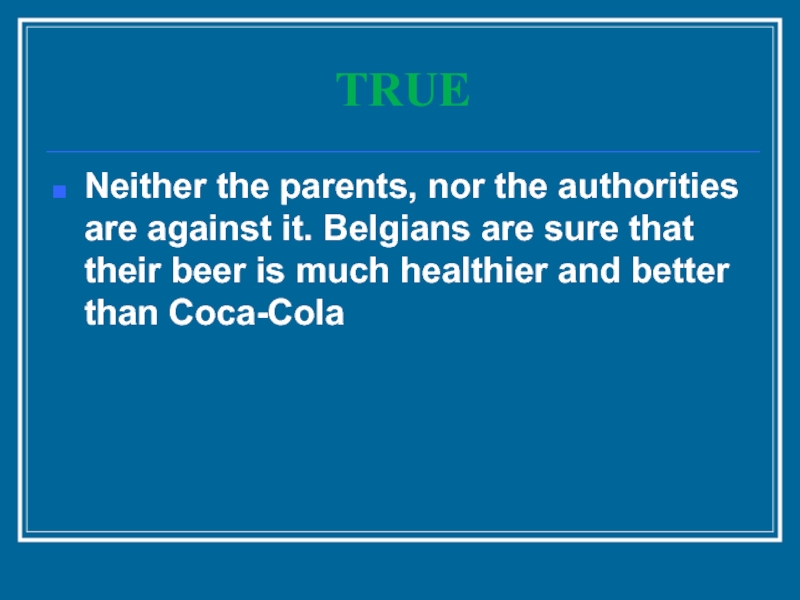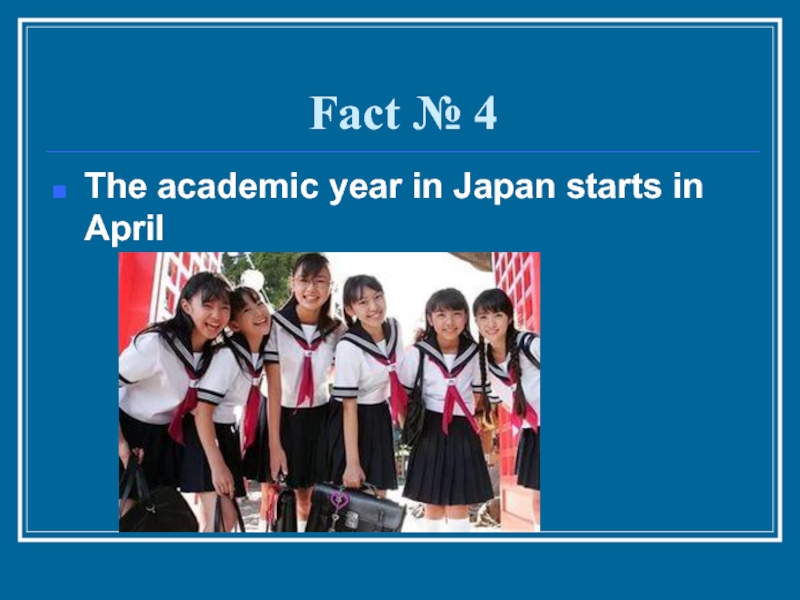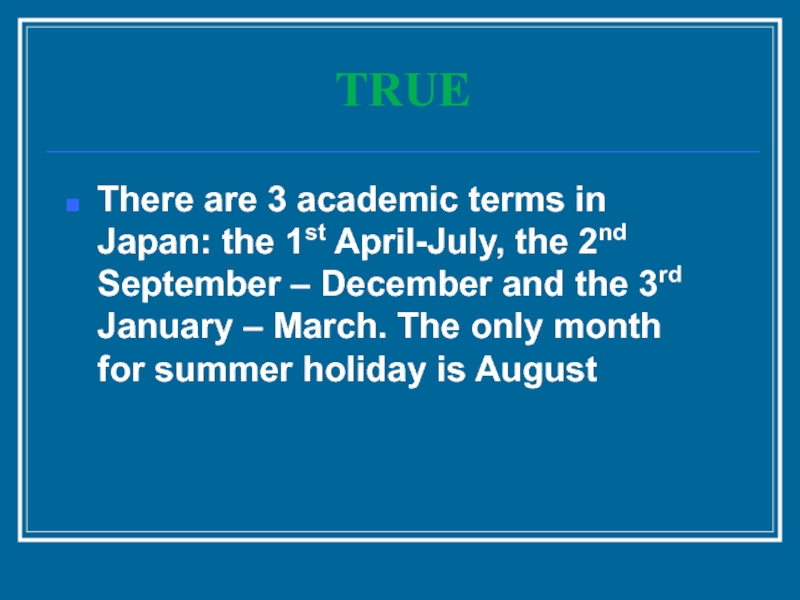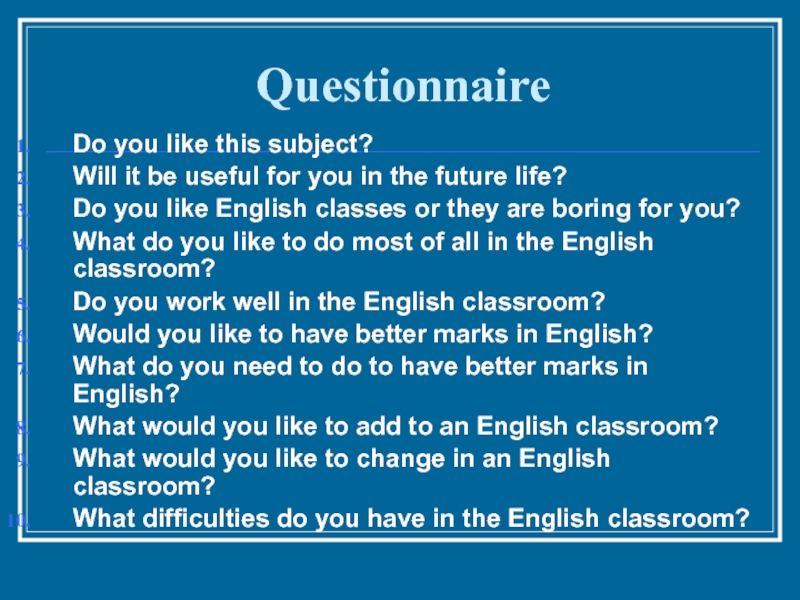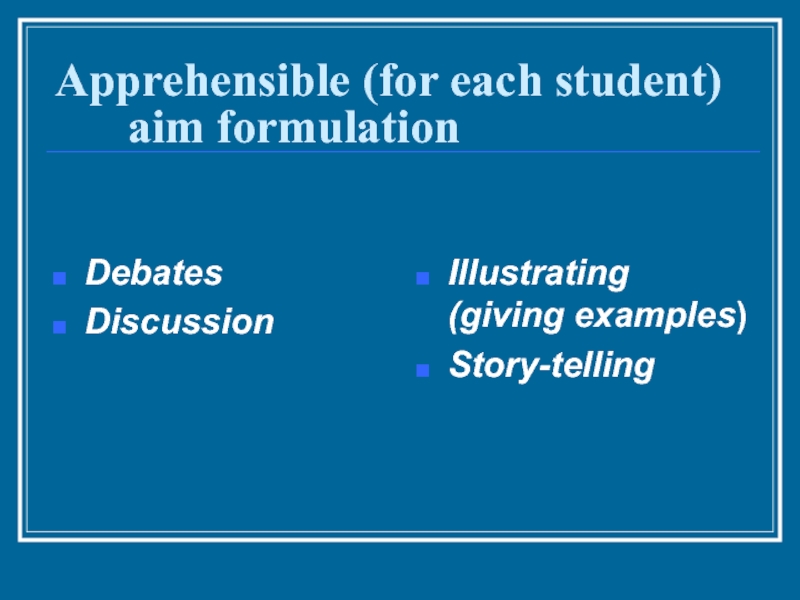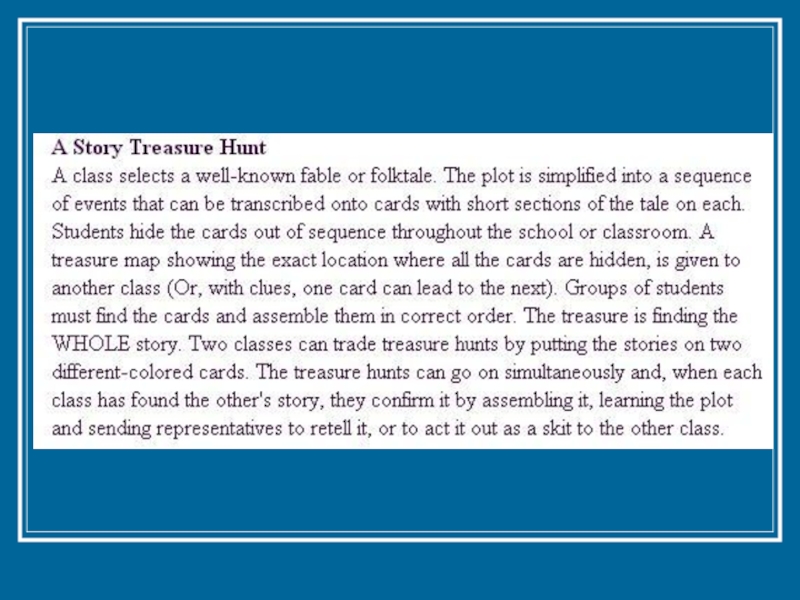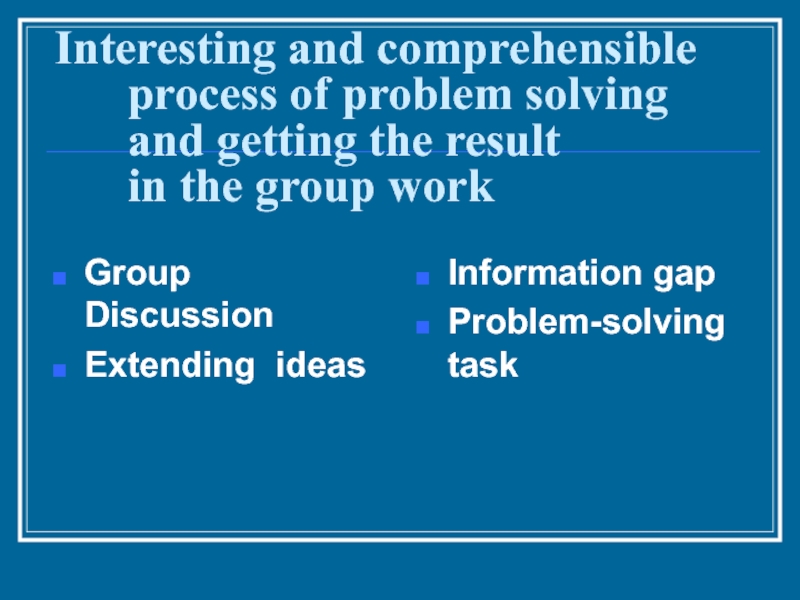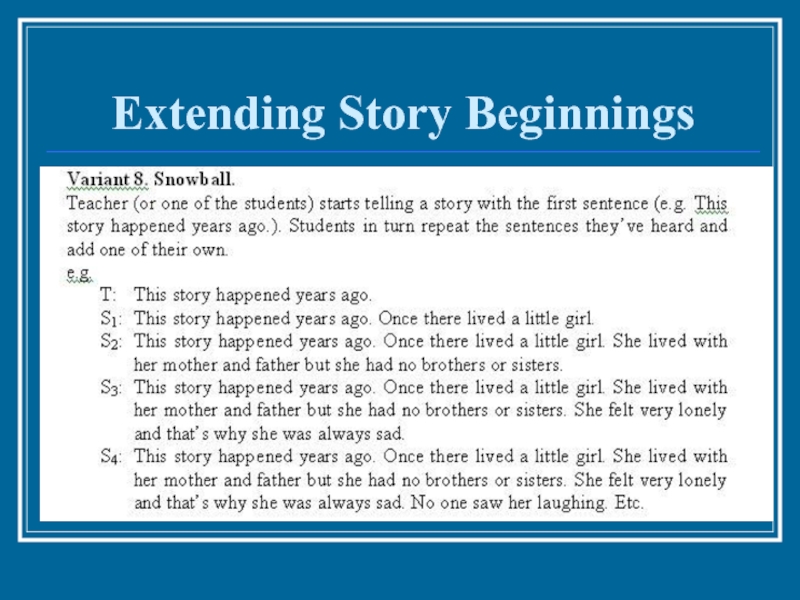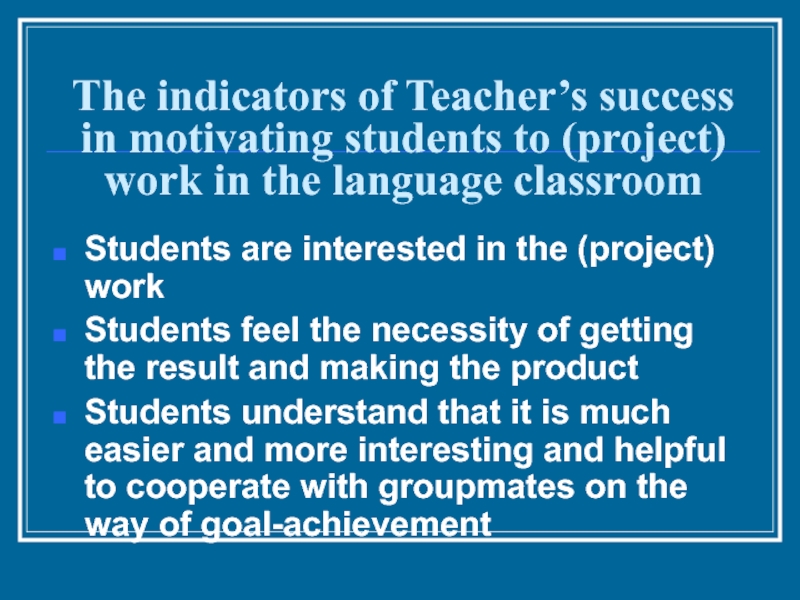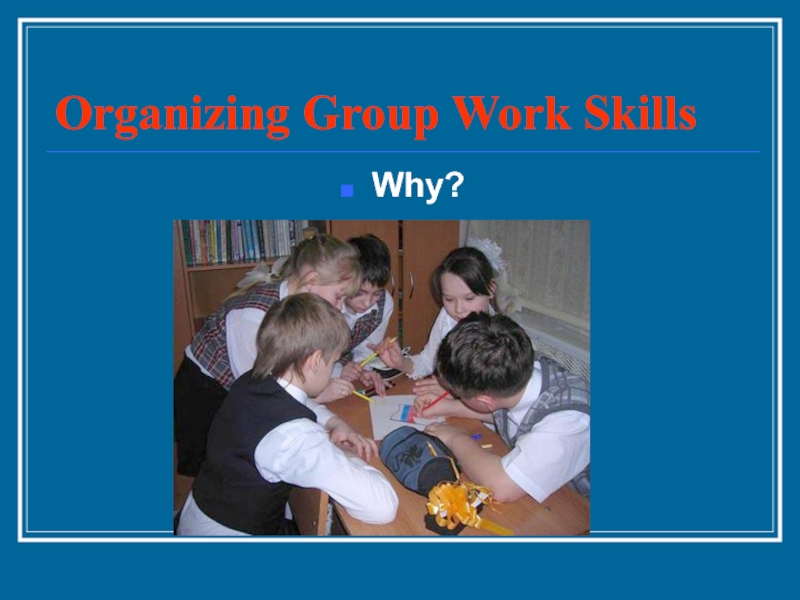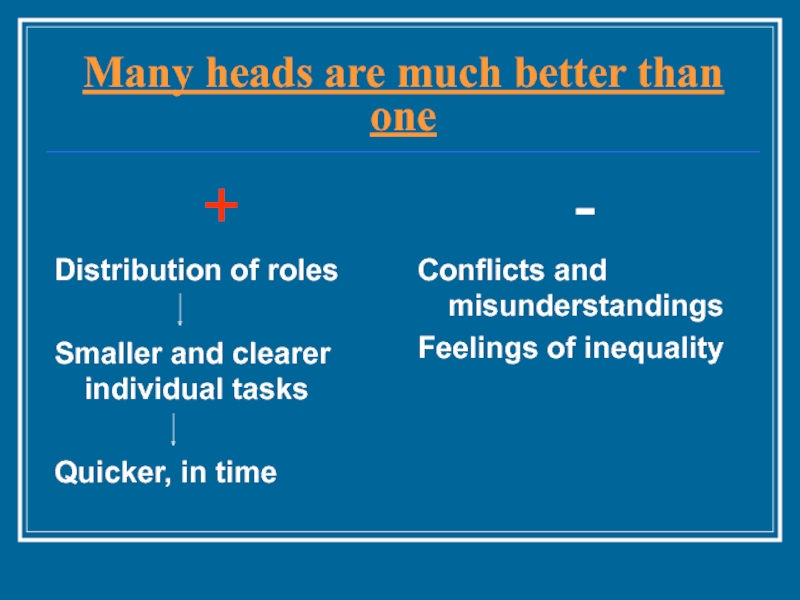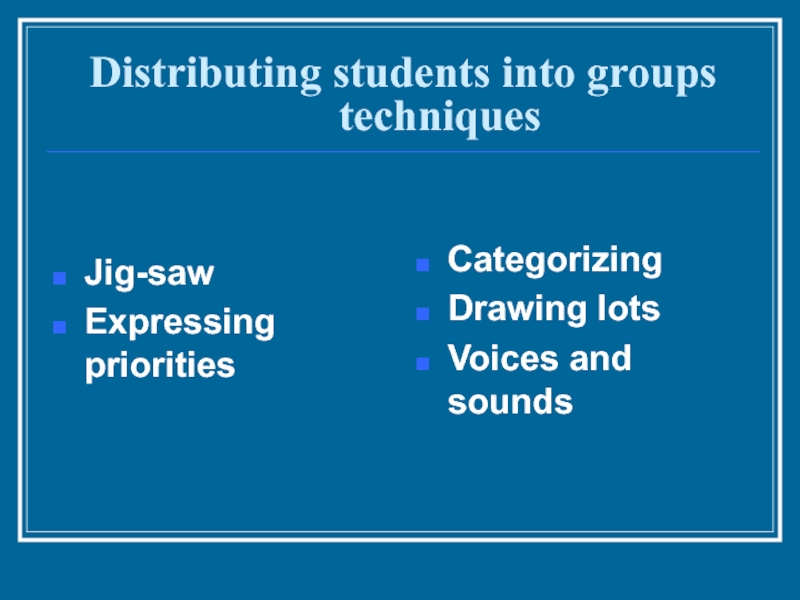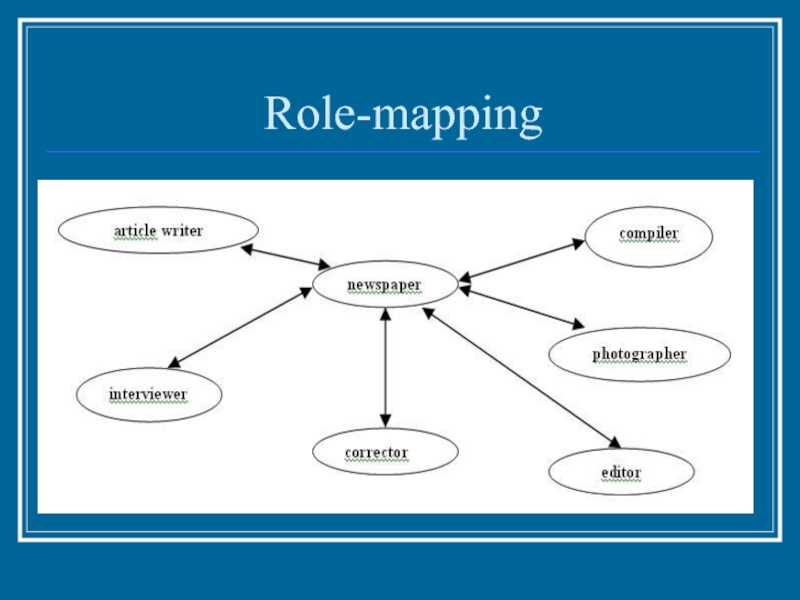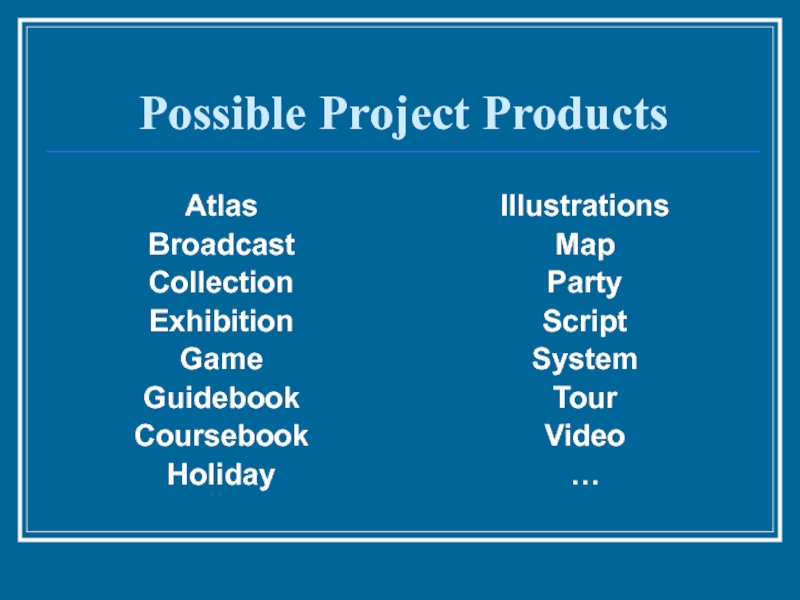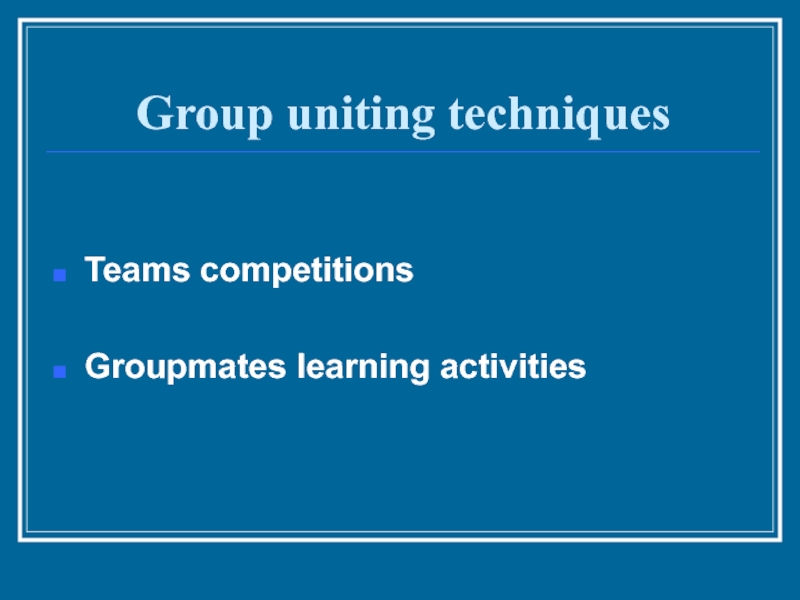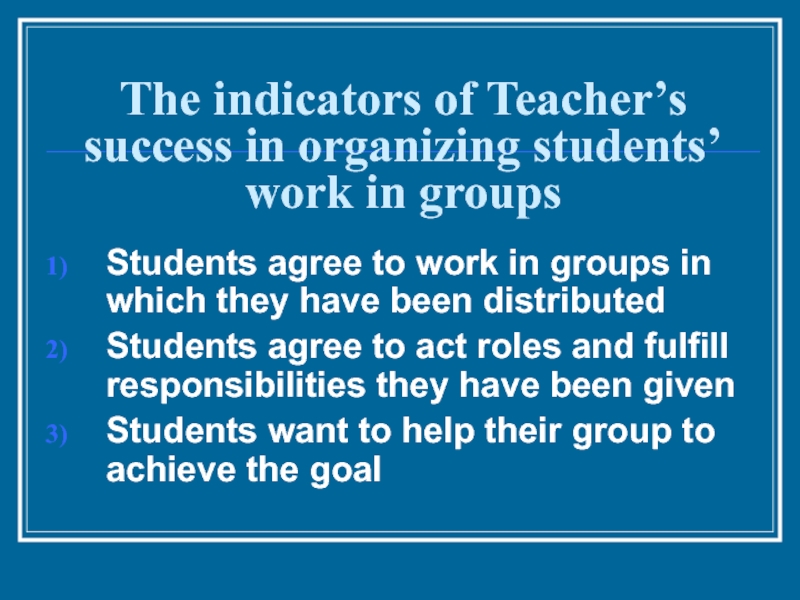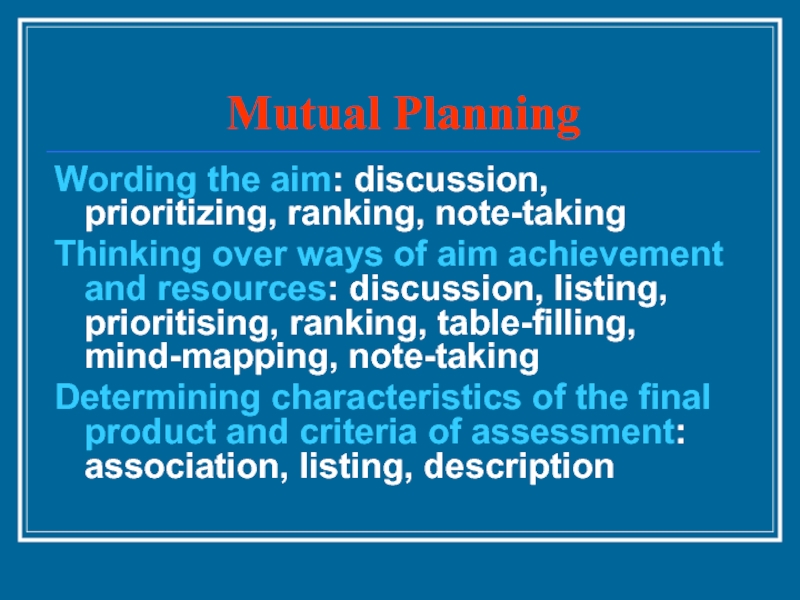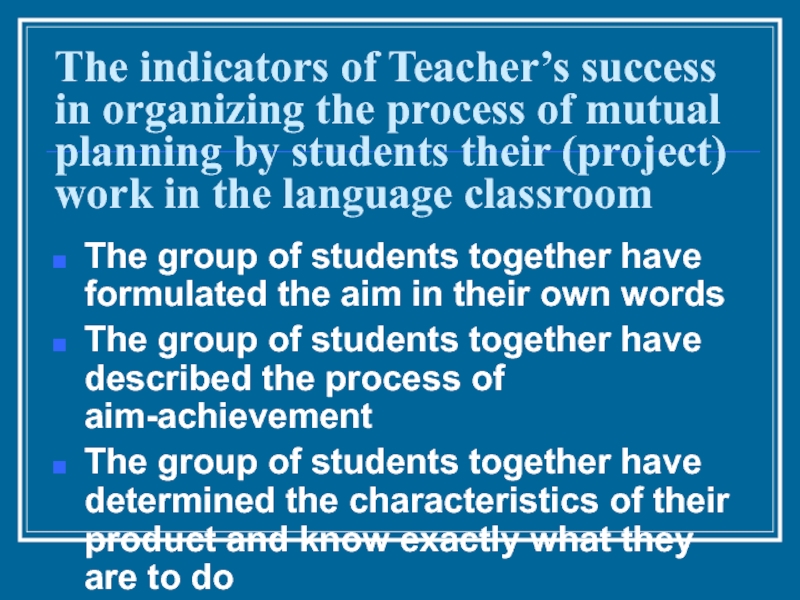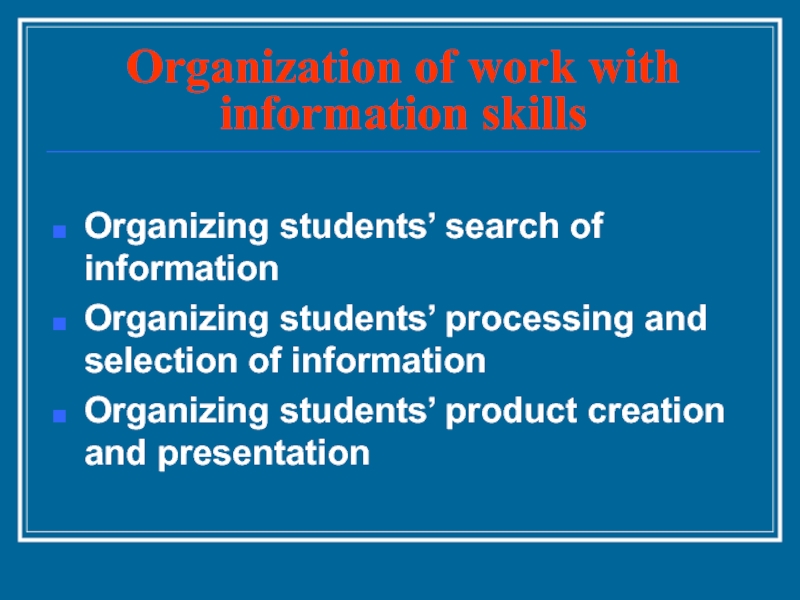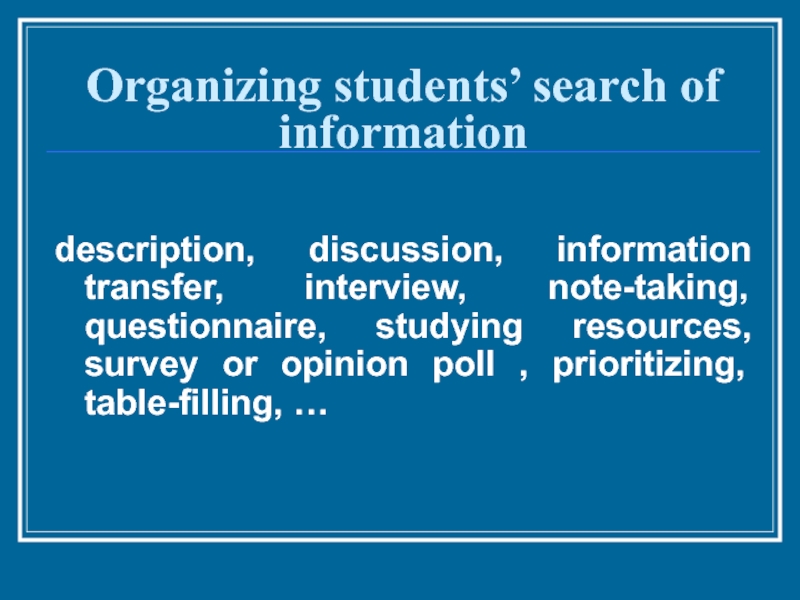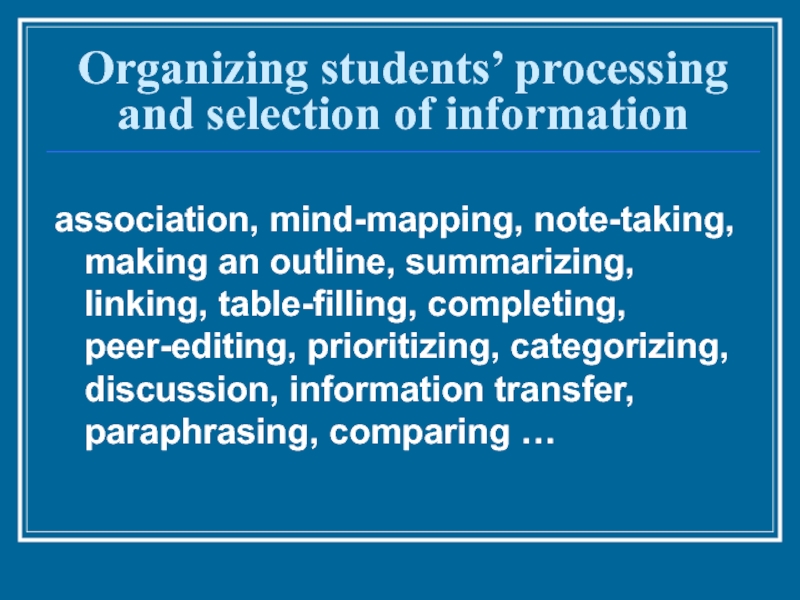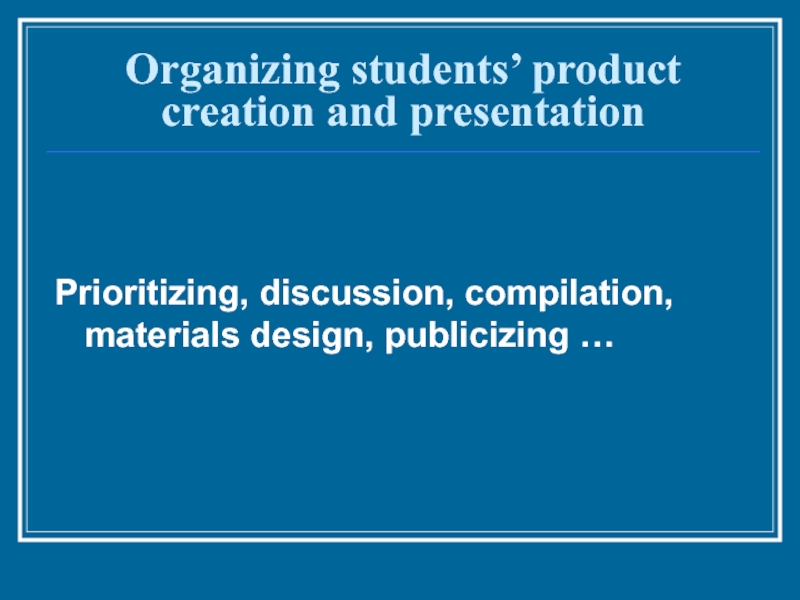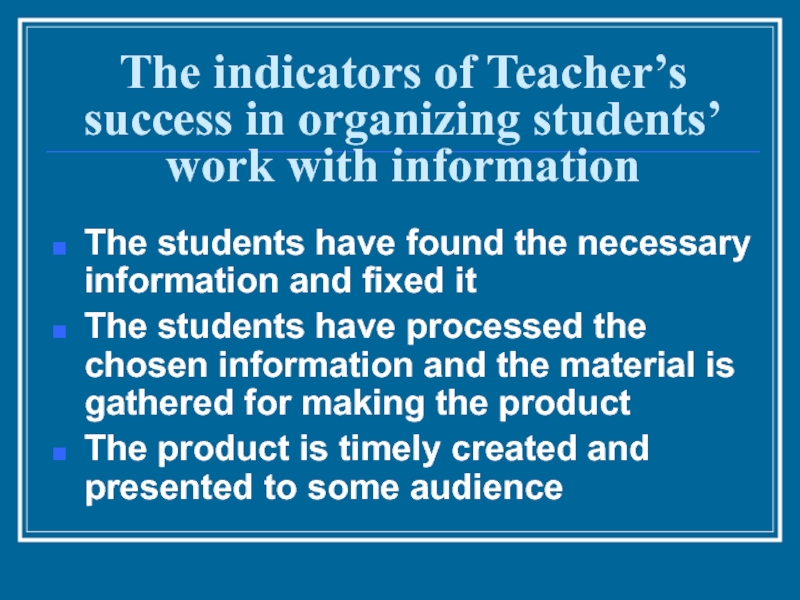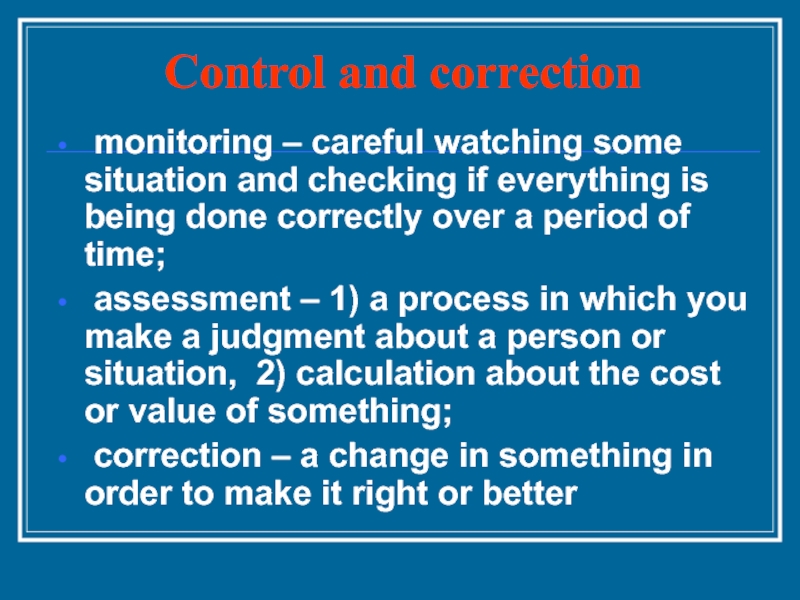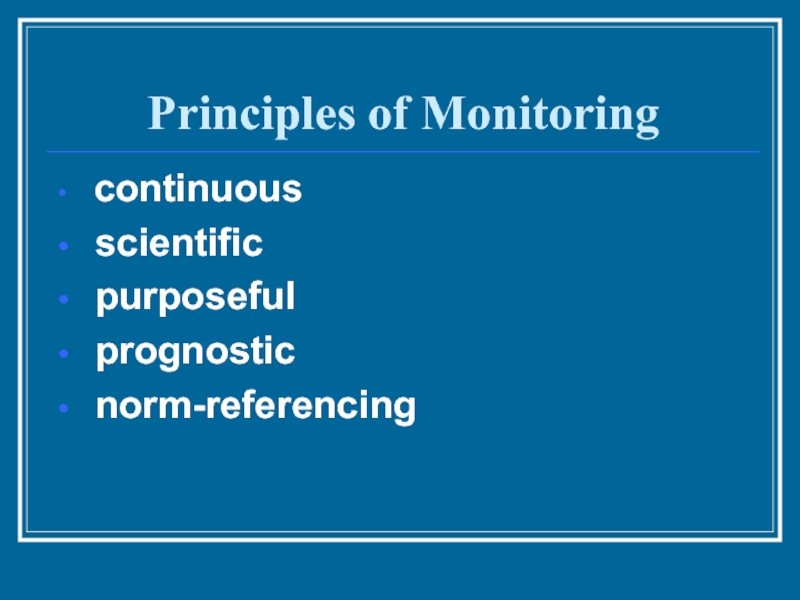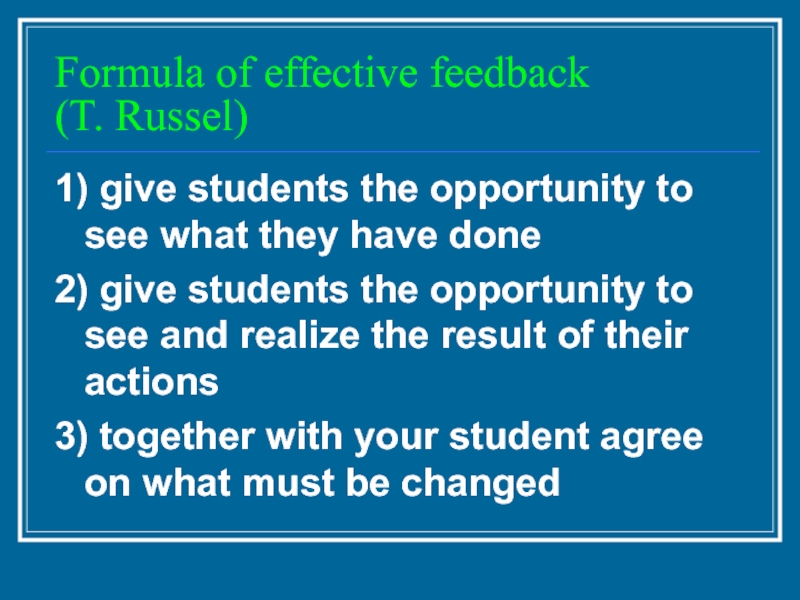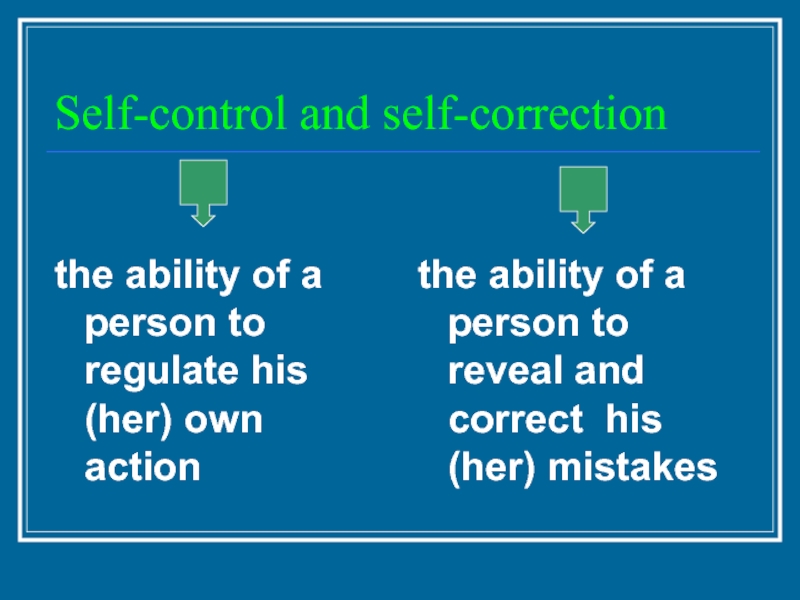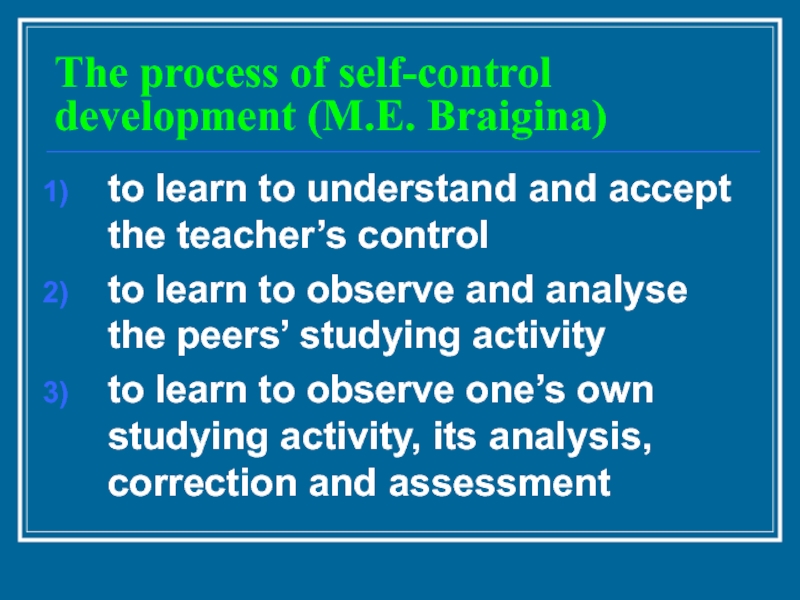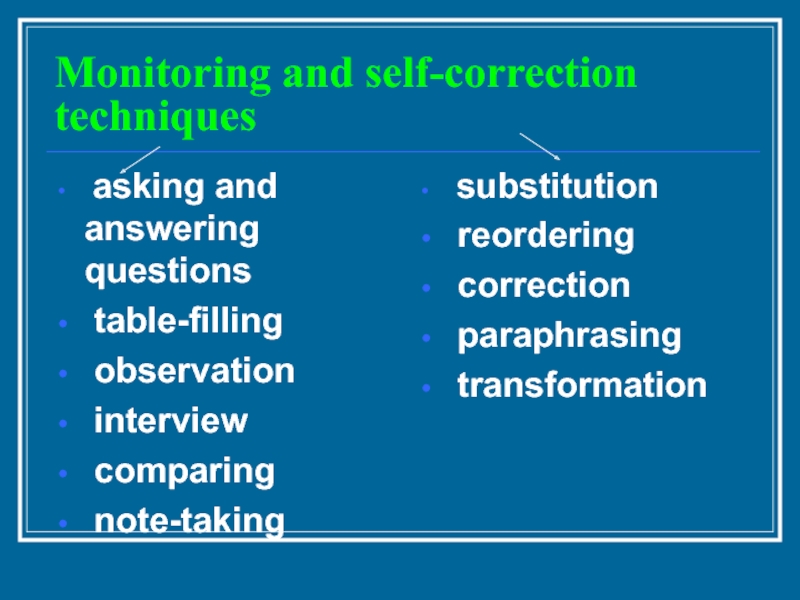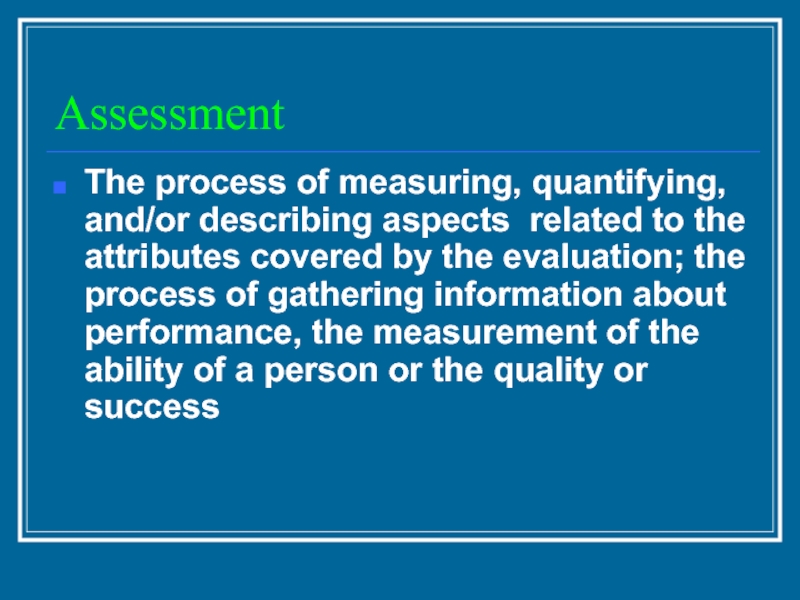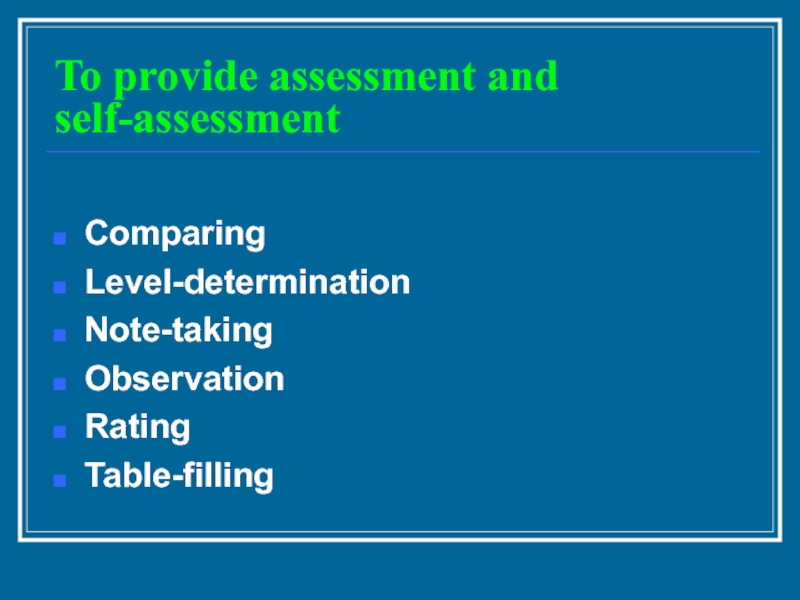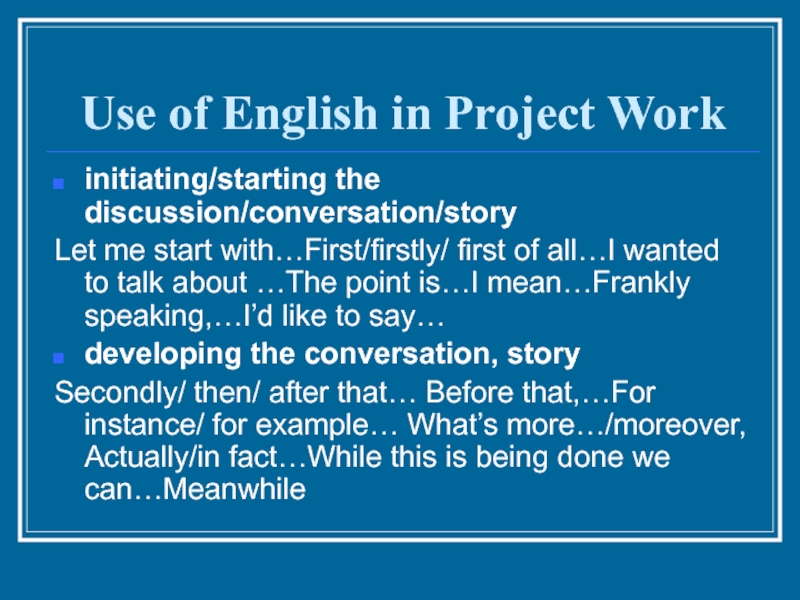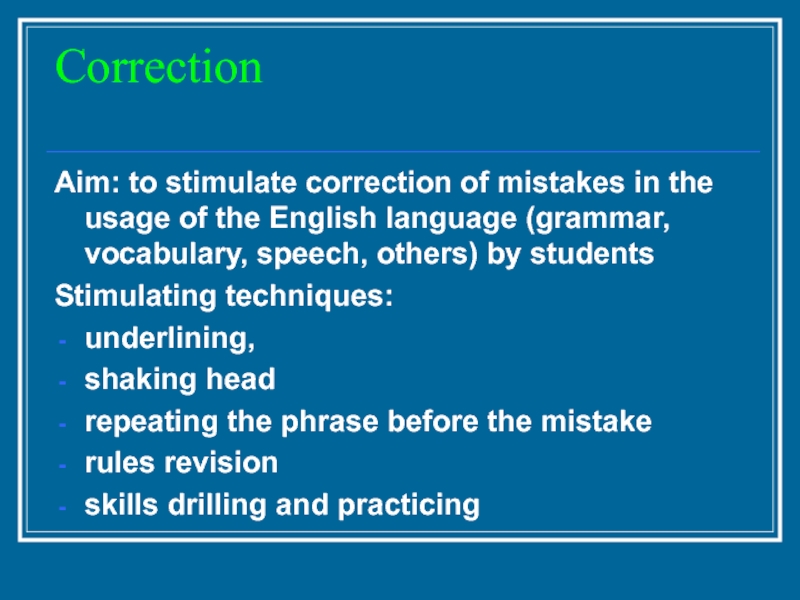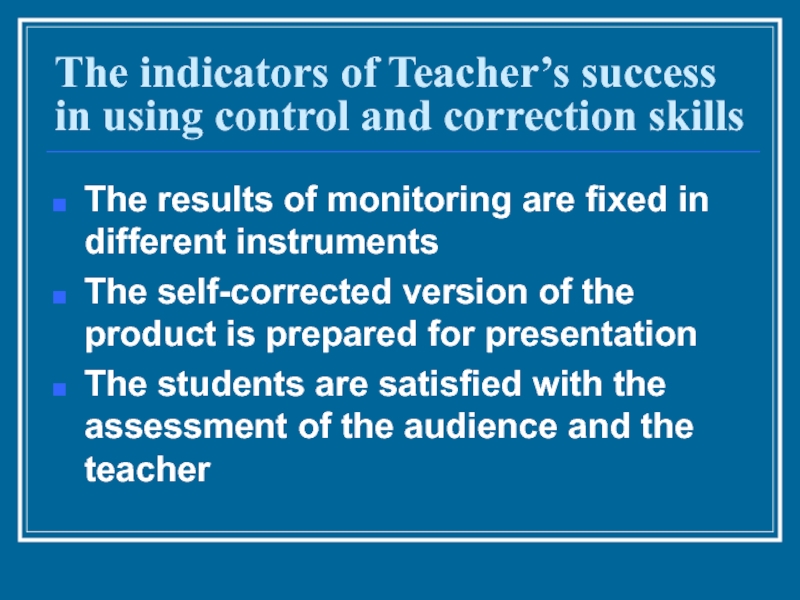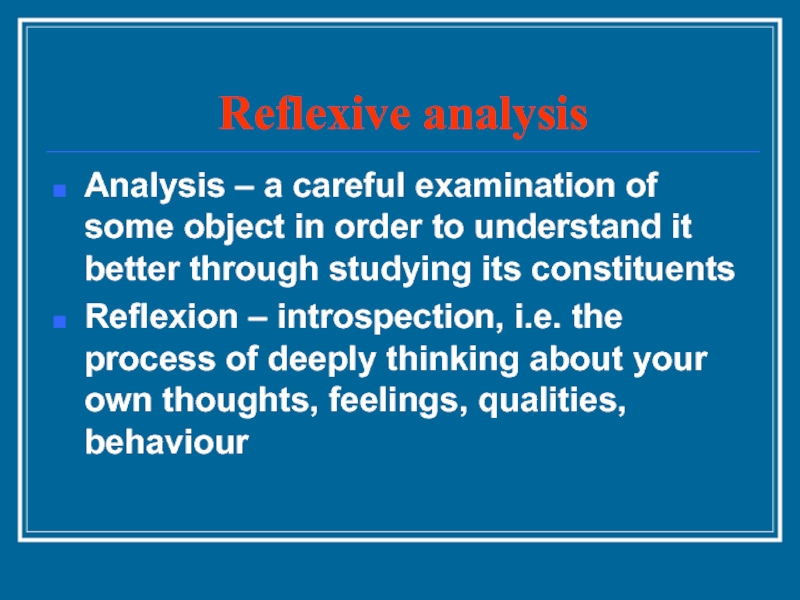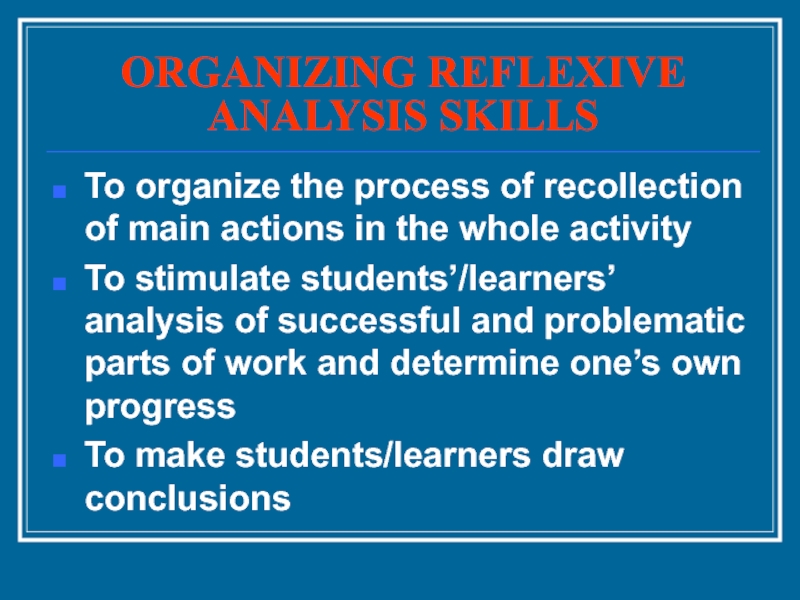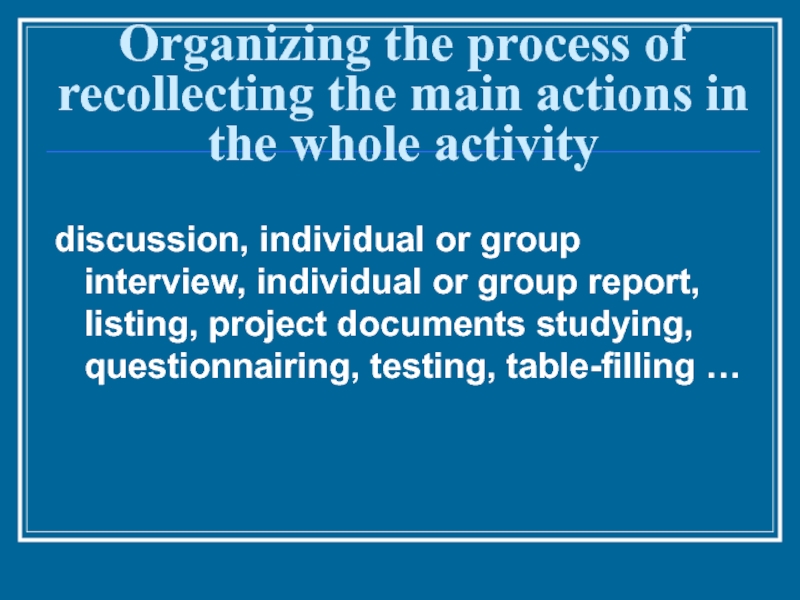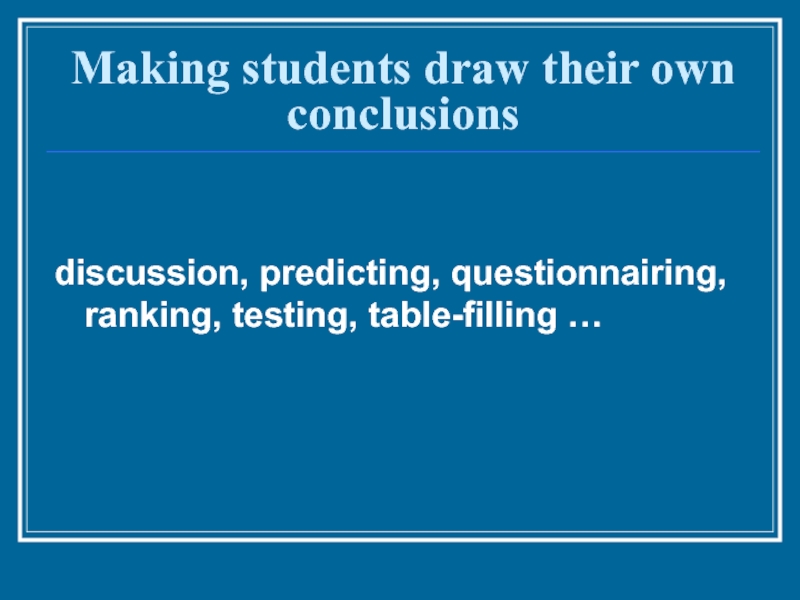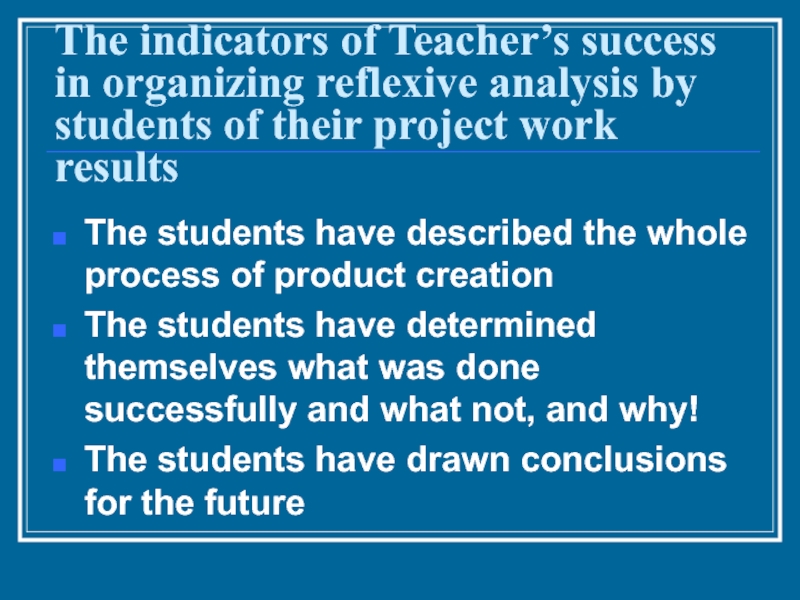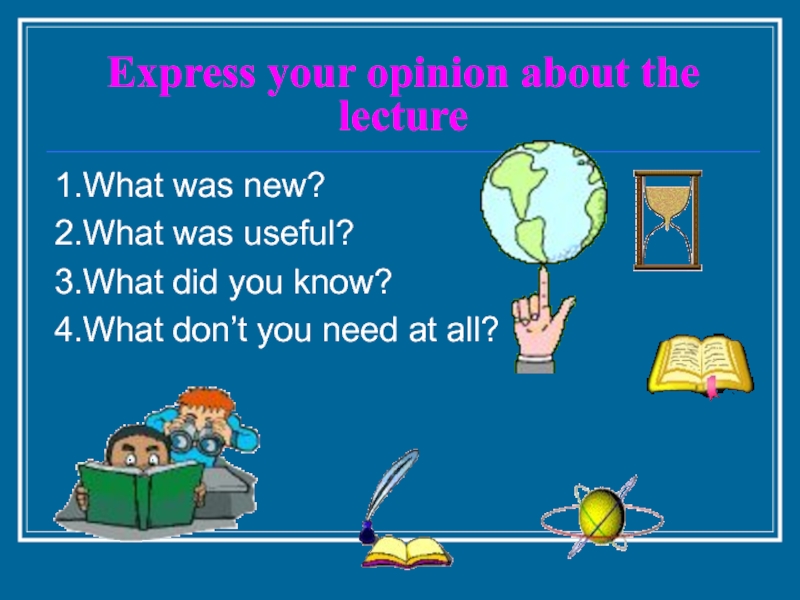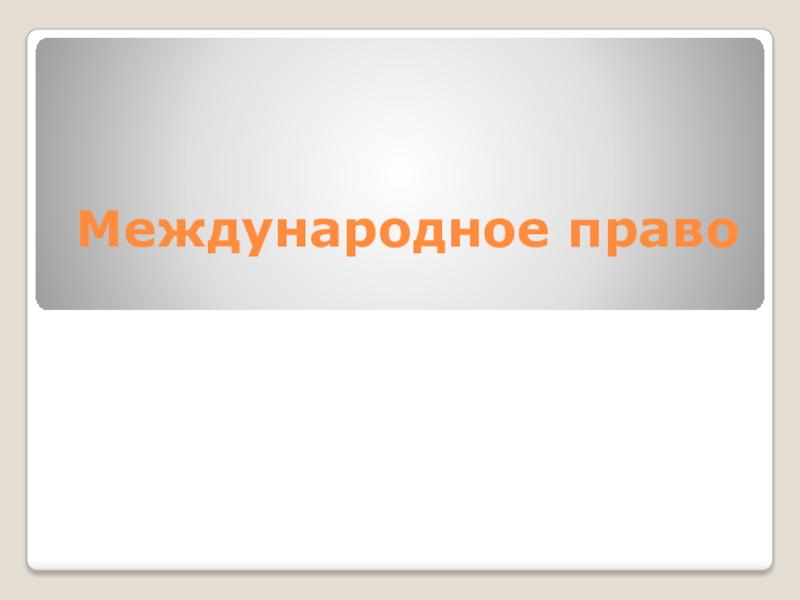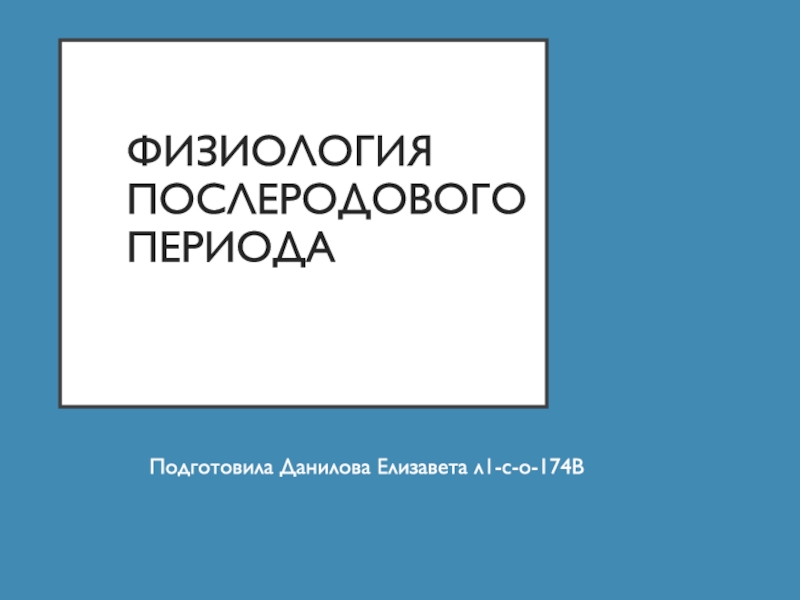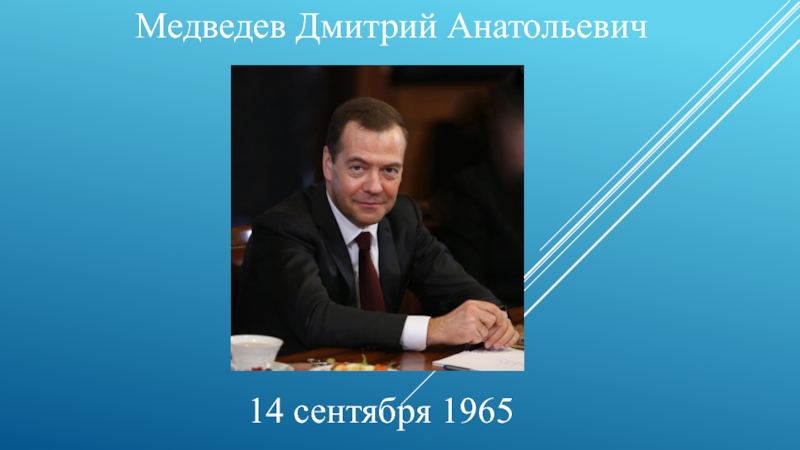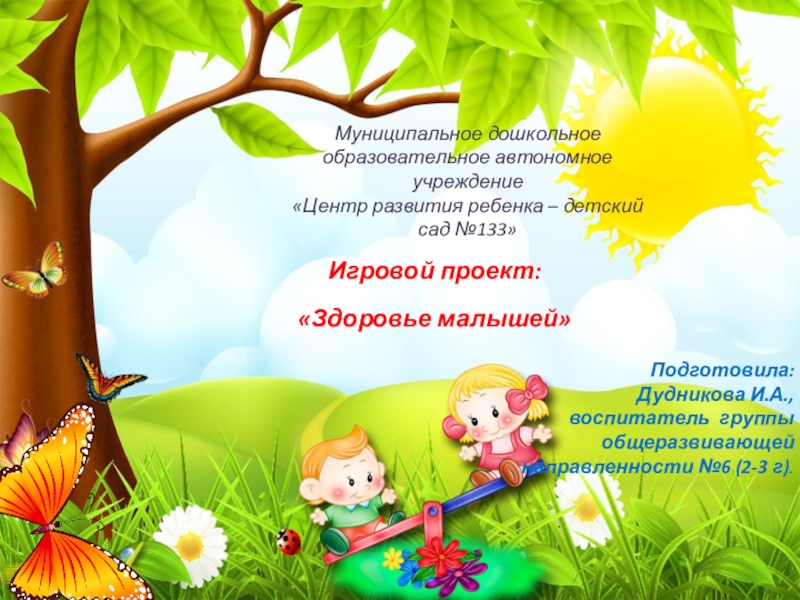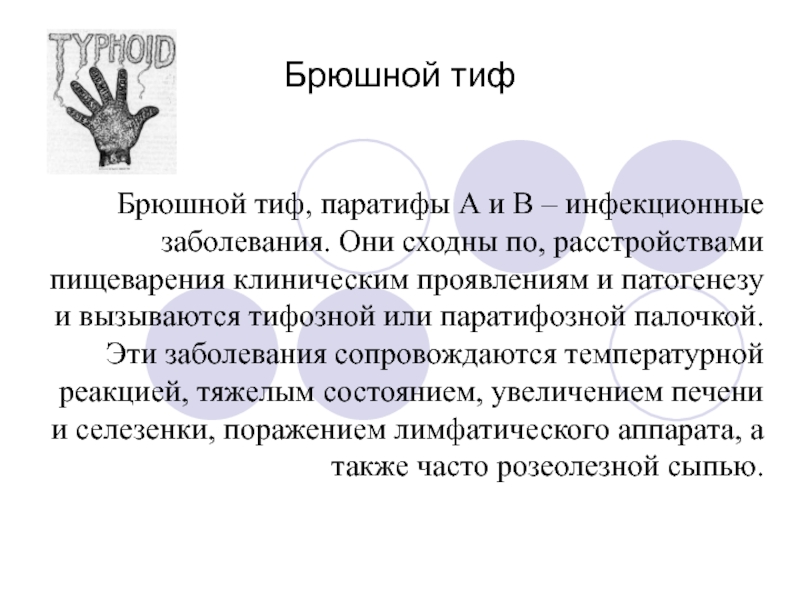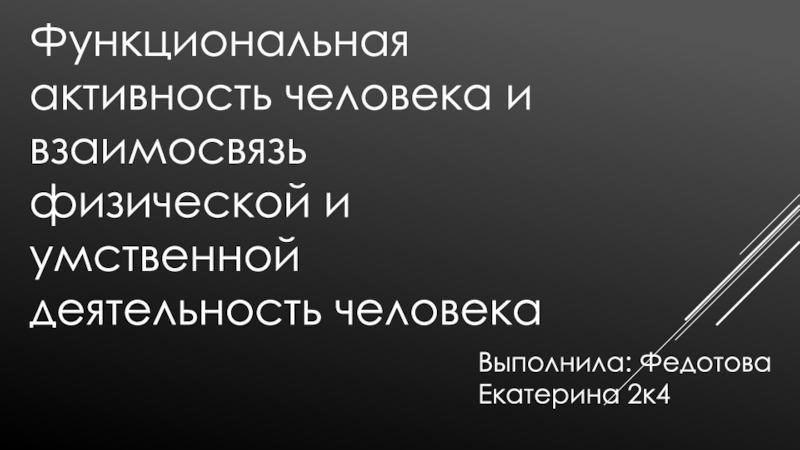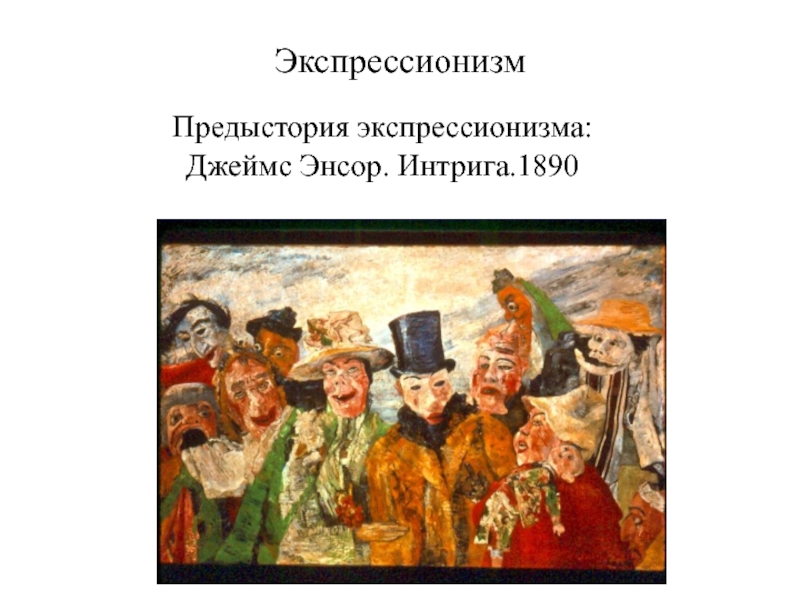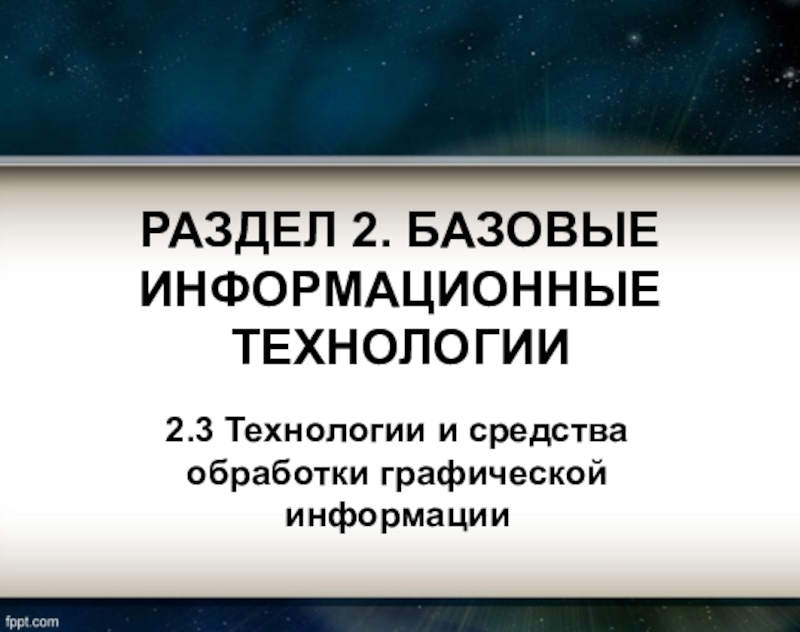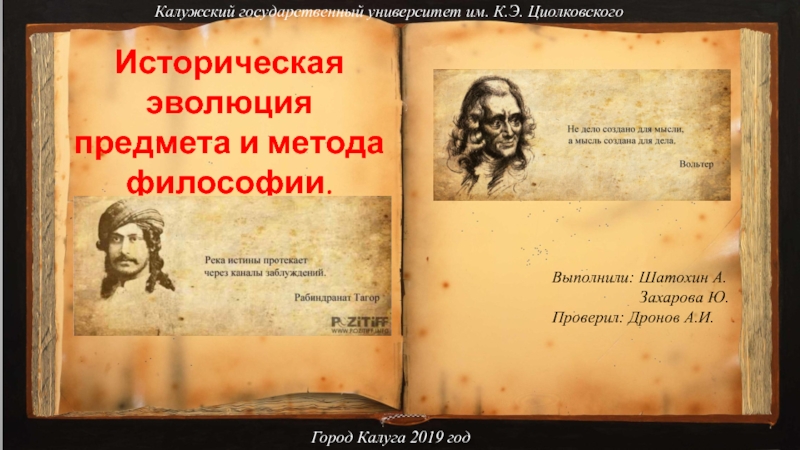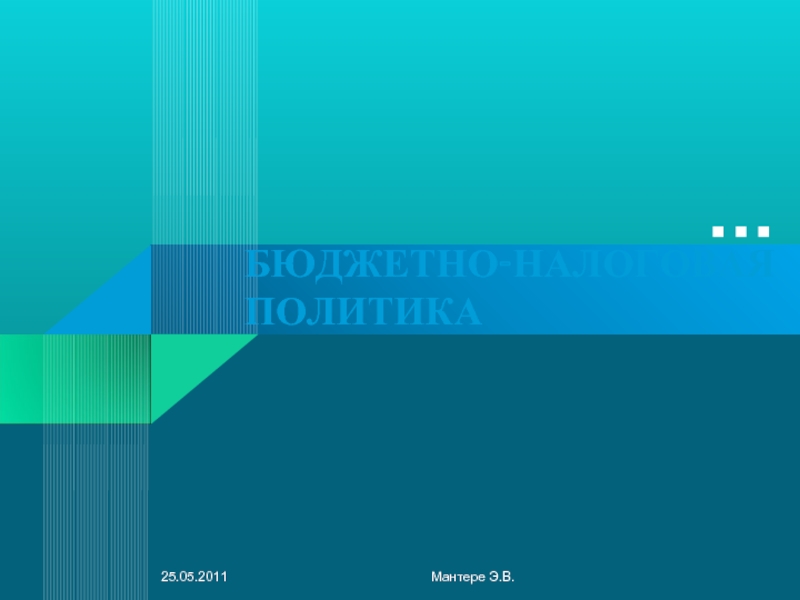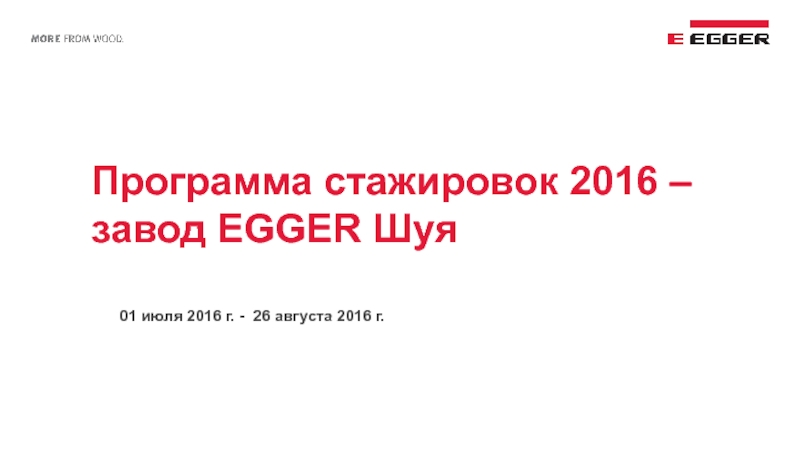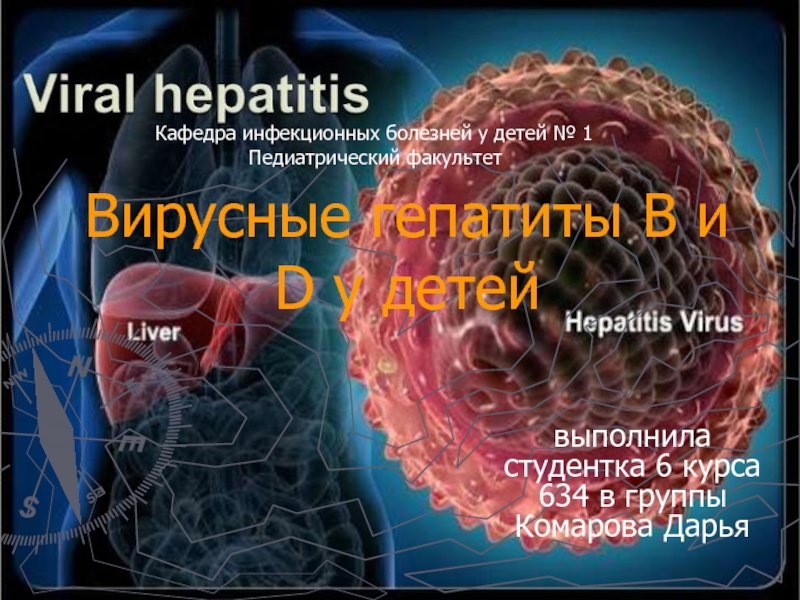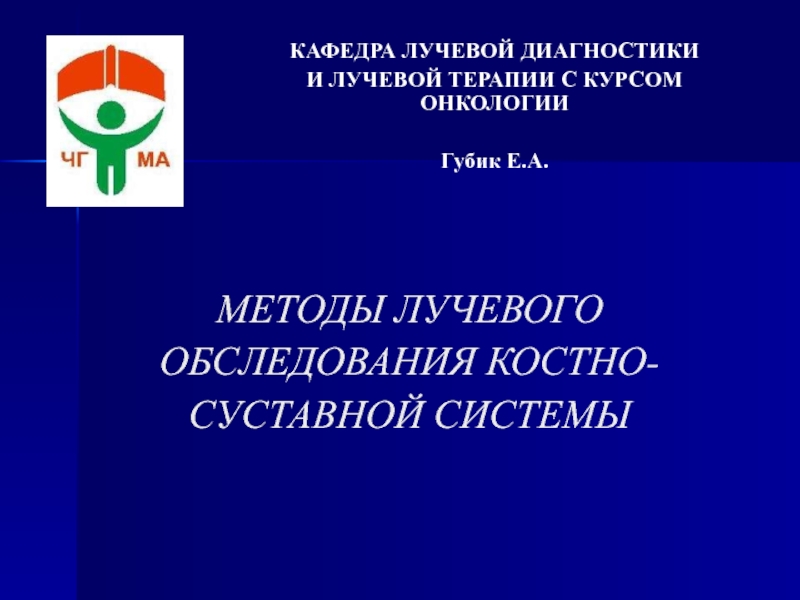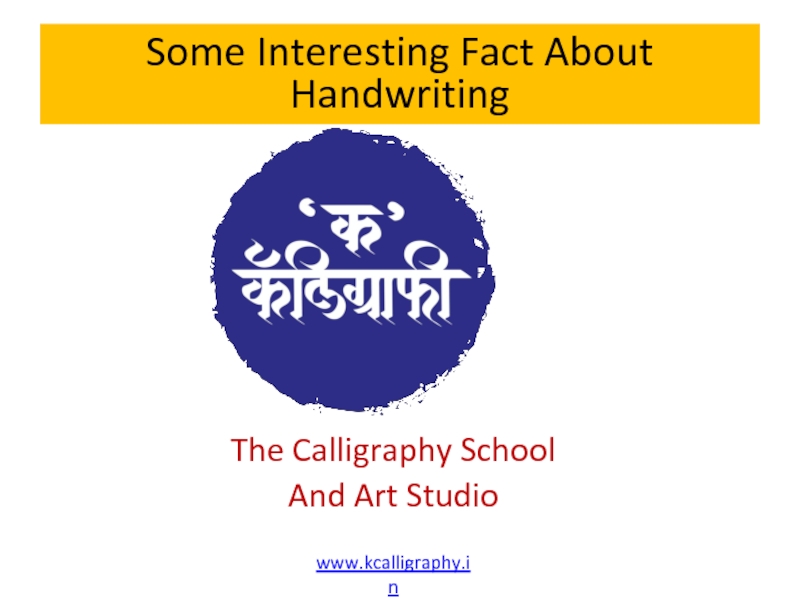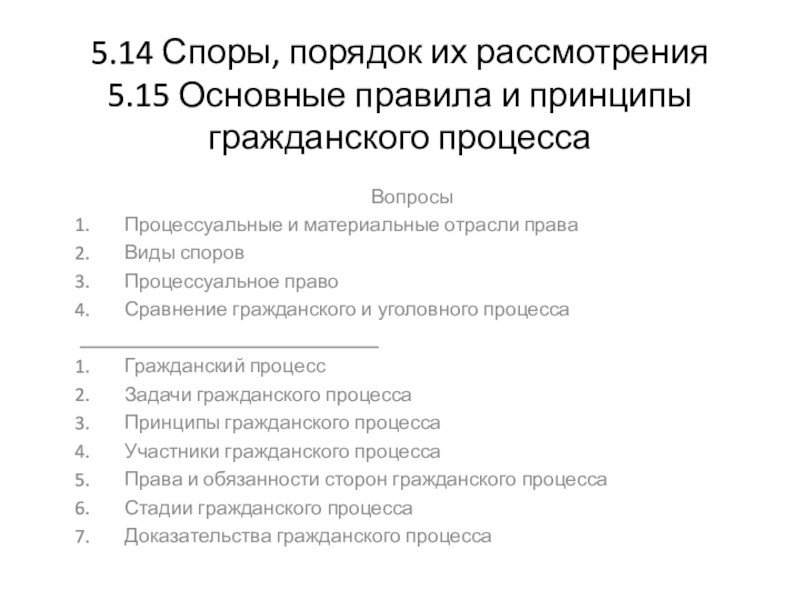Слайд 1PROJECT MANAGEMENT IN ELT
D.A. Starkova 2016
Слайд 2Plan of the lecture on pedagogical management
Methodological management skills for
Project Work:
Motivating skills
Mutual Planning skills
Organizing Group Work skills
Organizing Work with
information skills
Control and correction
Reflexive Analysis
Слайд 4
Motivating skills
Formulation of problem on the basis of students’ needs
Apprehensible
(for each student) aim formulation
Interesting and comprehensible process of problem
solving and getting the result
Слайд 5Formulation of problem on the basis of students’ needs
Questionnairing
Quiz
Interview
Survey
Test
Слайд 6BELIEVE IT OR NOT!
Fact № 1
Using slang is officially prohibited
at schools in Great Britain
True or false?
Слайд 7TRUE
The authorities are sure that school is the first step
of the future career that’s why children should learn to
talk in an official way as early as possible
Слайд 8Fact № 2
The longest lecture in the world took place
in the USA, in 2003. It was a lecture in
Mathematics and it took 26 hours.
Слайд 9FALSE
The longest lecture in the world took place in Australia.
It was done by Professor Barrous and it took more
than 50 hours. The action itself happened in 1970s.
Слайд 10Fact № 3
In Belgium even the children from Primary School
are allowed to drink a glass of beer during the
lunch-time at schools
Слайд 11TRUE
Neither the parents, nor the authorities are against it. Belgians
are sure that their beer is much healthier and better
than Coca-Cola
Слайд 12Fact № 4
The academic year in Japan starts in April
Слайд 13TRUE
There are 3 academic terms in Japan: the 1st April-July,
the 2nd September – December and the 3rd January –
March. The only month for summer holiday is August
Слайд 14Fact № 5
Yoga is a compulsory subject at schools in
India
Слайд 15FALSE
Yoga is obligatory for everyone in Vietnam's schools. What about
India, some schools and even high education establishments have it
as an optional subject
Слайд 16Questionnaire
Do you like this subject?
Will it be useful for you
in the future life?
Do you like English classes or they
are boring for you?
What do you like to do most of all in the English classroom?
Do you work well in the English classroom?
Would you like to have better marks in English?
What do you need to do to have better marks in English?
What would you like to add to an English classroom?
What would you like to change in an English classroom?
What difficulties do you have in the English classroom?
Слайд 17Apprehensible (for each student) aim formulation
Debates
Discussion
Illustrating (giving examples)
Story-telling
Слайд 19Interesting and comprehensible process of problem solving and getting the
result
in the group work
Group Discussion
Extending ideas
Information gap
Problem-solving task
Слайд 20Extending Story Beginnings
In a far away place …
Once upon
a time…
A long time ago in a remote tribe…
On the
eve of…
Слайд 21The indicators of Teacher’s success in motivating students to (project)
work in the language classroom
Students are interested in the (project)
work
Students feel the necessity of getting the result and making the product
Students understand that it is much easier and more interesting and helpful to cooperate with groupmates on the way of goal-achievement
Слайд 22Organizing Group Work Skills
Why?
Слайд 23Many heads are much better than one
+
Distribution of roles
Smaller and
clearer individual tasks
Quicker, in time
-
Conflicts and misunderstandings
Feelings of inequality
Слайд 24Organizing Group Work Skills
Dividing students into groups
Distribution of roles and
responsibilities within the group
Group uniting activities
Слайд 25Distributing students into groups techniques
Jig-saw
Expressing priorities
Categorizing
Drawing lots
Voices and
sounds
Слайд 28Distributing roles and responsibilities
techniques
Discussion
Expressing priorities
Listing
Role-mapping
Table filling
Note-taking
Слайд 30Possible Project Products
Atlas
Broadcast
Collection
Exhibition
Game
Guidebook
Coursebook
Holiday
Illustrations
Map
Party
Script
System
Tour
Video
…
Слайд 31Group uniting techniques
Teams competitions
Groupmates learning activities
Слайд 32Groupmates learning activities
Helping a person who cannot see
Associations: if our
team is a colour (music, geometric figure, a film, mood…)
what colour it would be
Join the ranks (according to alphabet, age, height, distance form the uni…)
Finding similarities
…
Слайд 33The indicators of Teacher’s success in organizing students’ work in
groups
Students agree to work in groups in which they have
been distributed
Students agree to act roles and fulfill responsibilities they have been given
Students want to help their group to achieve the goal
Слайд 34Mutual Planning
Wording the aim: discussion, prioritizing, ranking, note-taking
Thinking over ways
of aim achievement and resources: discussion, listing, prioritising, ranking, table-filling,
mind-mapping, note-taking
Determining characteristics of the final product and criteria of assessment: association, listing, description
Слайд 35LISTING
Students are to write as many ideas as they can
about the problem solution or aim achievement: to make a
film about Xmas
1) To write a scenario
2) To make decorations
3) To rehearse
4) To shoot…
Слайд 36The indicators of Teacher’s success in organizing the process of
mutual planning by students their (project) work in the language
classroom
The group of students together have formulated the aim in their own words
The group of students together have described the process of aim-achievement
The group of students together have determined the characteristics of their product and know exactly what they are to do
Слайд 37Organization of work with information skills
Organizing students’ search of information
Organizing
students’ processing and selection of information
Organizing students’ product creation and
presentation
Слайд 38Organizing students’ search of information
description, discussion, information transfer, interview, note-taking,
questionnaire, studying resources, survey or opinion poll , prioritizing, table-filling,
…
Слайд 39Organizing students’ processing and selection of information
association, mind-mapping, note-taking, making
an outline, summarizing, linking, table-filling, completing, peer-editing, prioritizing, categorizing, discussion,
information transfer, paraphrasing, comparing …
Слайд 40Organizing students’ product creation and presentation
Prioritizing, discussion, compilation, materials design,
publicizing …
Слайд 41The indicators of Teacher’s success in organizing students’ work with
information
The students have found the necessary information and fixed it
The
students have processed the chosen information and the material is gathered for making the product
The product is timely created and presented to some audience
Слайд 42Control and correction
monitoring – careful watching some situation and
checking if everything is being done correctly over a period
of time;
assessment – 1) a process in which you make a judgment about a person or situation, 2) calculation about the cost or value of something;
correction – a change in something in order to make it right or better
Слайд 43Principles of Monitoring
continuous
scientific
purposeful
prognostic
norm-referencing
Слайд 44Feedback
giving students information about what actions have led to the
necessary level of work fulfillment and visa versa
Слайд 45Formula of effective feedback
(T. Russel)
1) give students the opportunity
to see what they have done
2) give students the opportunity
to see and realize the result of their actions
3) together with your student agree on what must be changed
Слайд 46Self-control and self-correction
the ability of a person to regulate his
(her) own action
the ability of a person to reveal and
correct his (her) mistakes
Слайд 47The process of self-control development (M.E. Braigina)
to learn to understand
and accept the teacher’s control
to learn to observe and analyse
the peers’ studying activity
to learn to observe one’s own studying activity, its analysis, correction and assessment
Слайд 48Monitoring and self-correction techniques
asking and answering questions
table-filling
observation
interview
comparing
note-taking
substitution
reordering
correction
paraphrasing
transformation
Слайд 49Assessment
The process of measuring, quantifying, and/or describing aspects related to
the attributes covered by the evaluation; the process of gathering
information about performance, the measurement of the ability of a person or the quality or success
Слайд 50
To provide assessment and self-assessment
Comparing
Level-determination
Note-taking
Observation
Rating
Table-filling
Слайд 51Use of English in Project Work
initiating/starting the discussion/conversation/story
Let me
start with…First/firstly/ first of all…I wanted to talk about …The
point is…I mean…Frankly speaking,…I’d like to say…
developing the conversation, story
Secondly/ then/ after that… Before that,…For instance/ for example… What’s more…/moreover, Actually/in fact…While this is being done we can…Meanwhile
Слайд 52Correction
Aim: to stimulate correction of mistakes in the usage of
the English language (grammar, vocabulary, speech, others) by students
Stimulating techniques:
underlining,
shaking
head
repeating the phrase before the mistake
rules revision
skills drilling and practicing
Слайд 53The indicators of Teacher’s success in using control and correction
skills
The results of monitoring are fixed in different instruments
The self-corrected
version of the product is prepared for presentation
The students are satisfied with the assessment of the audience and the teacher
Слайд 54Reflexive analysis
Analysis – a careful examination of some object in
order to understand it better through studying its constituents
Reflexion –
introspection, i.e. the process of deeply thinking about your own thoughts, feelings, qualities, behaviour
Слайд 55ORGANIZING REFLEXIVE ANALYSIS SKILLS
To organize the process of recollection of
main actions in the whole activity
To stimulate students’/learners’ analysis of
successful and problematic parts of work and determine one’s own progress
To make students/learners draw conclusions
Слайд 56Organizing the process of recollecting the main actions in the
whole activity
discussion, individual or group interview, individual or group report,
listing, project documents studying, questionnairing, testing, table-filling …
Слайд 57Stimulating students’/learners’ analysis of successful and problematic parts of work
and determine one’s own progress
individual or group interview, individual or
group report, listing, questionnairing, counselling session, ranking, testing, …
Слайд 58Making students draw their own conclusions
discussion, predicting, questionnairing, ranking, testing,
table-filling …
Слайд 59The indicators of Teacher’s success in organizing reflexive analysis by
students of their project work results
The students have described the
whole process of product creation
The students have determined themselves what was done successfully and what not, and why!
The students have drawn conclusions for the future
Слайд 60Express your opinion about the lecture
1.What was new?
2.What was useful?
3.What
did you know?
4.What don’t you need at all?
